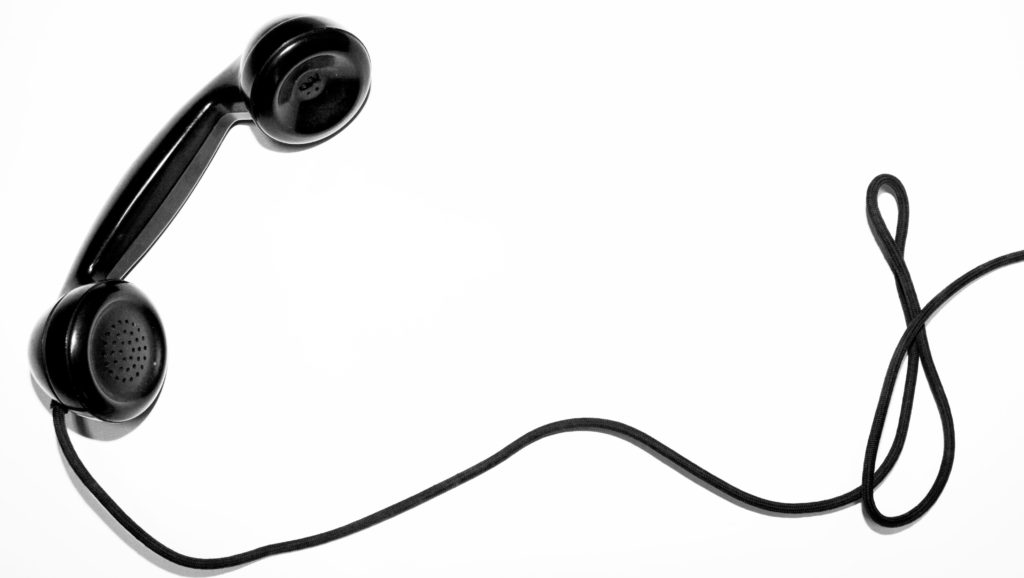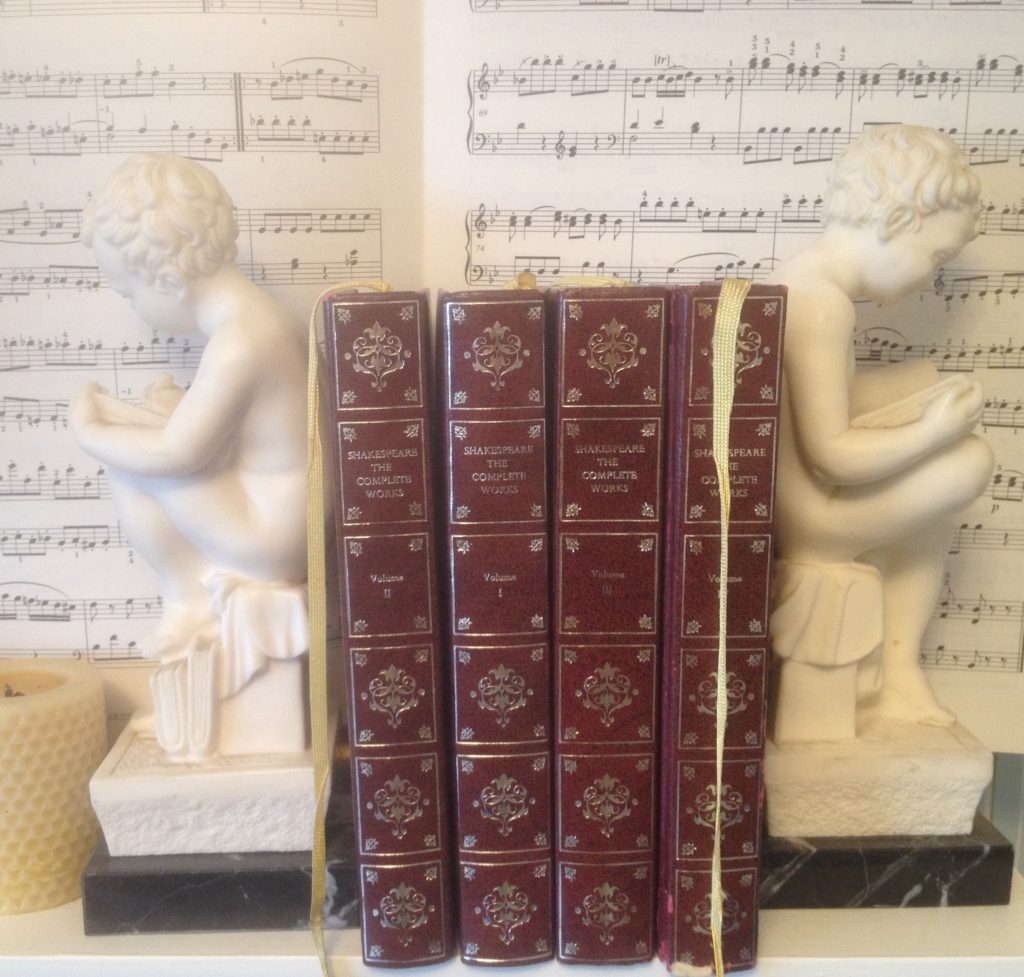This post was recommended by a friend who thought a retrospective was in order. It also seemed a good twist on the ‘What I did on my summer holidays’ theme that children up and down the land are asked to write in the first week of school.
Summer 2020 has proven to be a strange one for all of us. For me, it has been especially bizarre – living simultaneously in isolation from society and yet with more of my husband’s company than I have enjoyed in thirty odd years of marriage. Before you ask, the latter helped make up for the former and we both agree that these have been surprisingly happy times.
What to do?

With all normal activities barred to us, we were left with the conundrum of what to do with the vast expanse of time now available. My niece wrote the first draft of a novel; my husband started a YouTube business lecture series and the rest of us discovered or rediscovered slow pleasures: making bread, reading novels, enjoying a leisurely telephone conversation. (When we received a £350 phone bill, we realised that I’d been indulging in that luxury a little too much! We now have a much better BT plan.)
A Good Book
In the days BH (Before Hermione), I devoured books. I have no idea how many I read, but here are the five that stood out: The Well-Gardened Mind by Sue Stuart-Smith, Small Great Things by Jodi Picoult, The Mobster’s Lament by Ray Celestin, Weather by Jenny Offill and Black Swan Green by David Mitchell. I like an eclectic mix! And, of course, I am always looking for more. Suggestions in the comments section please!
This summer, I also completed a life-long desire to read the complete works of Shakespeare. I started some time ago, stopped, started again and this time made it to the end. Aspiring authors take heart! Even Shakespeare had to learn his craft; even Shakespeare had off days.
The history plays, when read in order, were a joy and intelligible. At last, all those knotty family trees made sense. There were some duds: ‘Titus Andronicus’,’Timon of Athens’ (zzzz) but some gems too. I’ve read, often several times, all the greats, but it was wonderful to discover some that are seldom taught like ‘Pericles’ and the lesser known sonnets. Perhaps one day, I shall read them again – but selectively!

Swedish lessons
Another challenge I have set myself is to read Pippy Longstocking in the original. Like my reading of Shakespeare, learning Swedish has been a stop/ start affair – but now I had no excuse. I increased the time I was spending on my Swedish lessons and committed to a daily session of twenty to thirty minutes. This more committed approach is starting to show real progress. I am delighted to inform you that I can now say: The bear sleeps from November to April (Bjornen sover fran november till april); I only buy yellow cars (Jag koper bara gula bilar) and my favourite: There is a princess in a long, green dress behind the door (Det finns en prinsessa med en lang, gron klanning bakom dorren.) I’m not quite sure when I will be able to show off these skills, but then, I’m not sure when I will ever get to Sweden.
Virtual outings
This summer has had a serious impact on the arts, so many wonderful theatres and opera houses have offered up their productions for free on YouTube.
One thing that my husband and I have always wished to enjoy was Glyndebourne Opera. Though this is only down the road from us, the tickets are prohibitively expensive and more than a little difficult to procure. So when they offered a season on YouTube, we decided to take advantage.
They were showing a delightful production of The Marriage of Figaro, so we prepared our picnic, put on our best outfits and enjoyed the show.

Food glorious food!
Rather to the detriment of my waistline, this summer has been all about food : growing it, harvesting it, cooking it and preserving it. At the beginning, when my husband was furloughed with nothing to do, we introduced morning coffee – with cake and afternoon tea – with cake. It certainly cheered us up, but I’m rather relieved that he is at least partially back to work.
Being the competitive types we are, we also thought we’d add a little spice to our culinary adventures and started a competition for the best entree of the day. A dear friend was hauled in to guess who made it, but we didn’t ask her to say who won. My husband, who until recently was adept at making frozen pizza and big breakfast, is now very good at a number of exotic dishes. He is currently making flat bread in the kitchen. Having proven his capabilities, there is no way he will be allowed to slide back once the crisis ends, though I may allow him the weekdays off!

A new challenge
With MS, it is always difficult to find ways to increase fitness and stamina. The disease works against you in the most frustrating ways. So I was delighted to find a fitness/life-style programme that could help me and perhaps even lesson my symptoms. It is called the Wim Hof method and involves cold treatments, breathing exercises and yoga. During the pandemic, they were offering reduced price courses on-line and with any number of weeks stretching ahead of us, we decided to give it a go. For ten weeks, we dutifully followed the programme. I confess that around the six week mark, I felt like giving up. I was hard. I’ll write about it fully next time, but let’s just say it was worth all the effort. The downside is that, course over, we need to carry on with it anyway.
Puppy love
Our leisurely, civilised life came to an abrupt halt with the arrival of Hermione. Picking up the umpteenth poo and waiting in the garden while she has five more minutes play, I sometimes wonder if it was an act of insanity getting a dog. (My husband, no doubt, has these thoughts at 3am when he gets up to let her out.) I’ve been through this all before with my old dog (and I got up that time) but just like childbirth, one forgets! And just like having children, the sea of tiredness, stress and frustration (puppies are like insane toddlers) disappears when they lie down quietly or give an adoring look.
We are gradually regaining a semblance of normal life, creating routines and filling quiet moments with human tasks. We are learning to accommodate each other’s needs and relax a little our desire to be in control of our days (and nights!) She requires immense amounts of time, attention and love, but of all the things we did last summer – this was the best.




